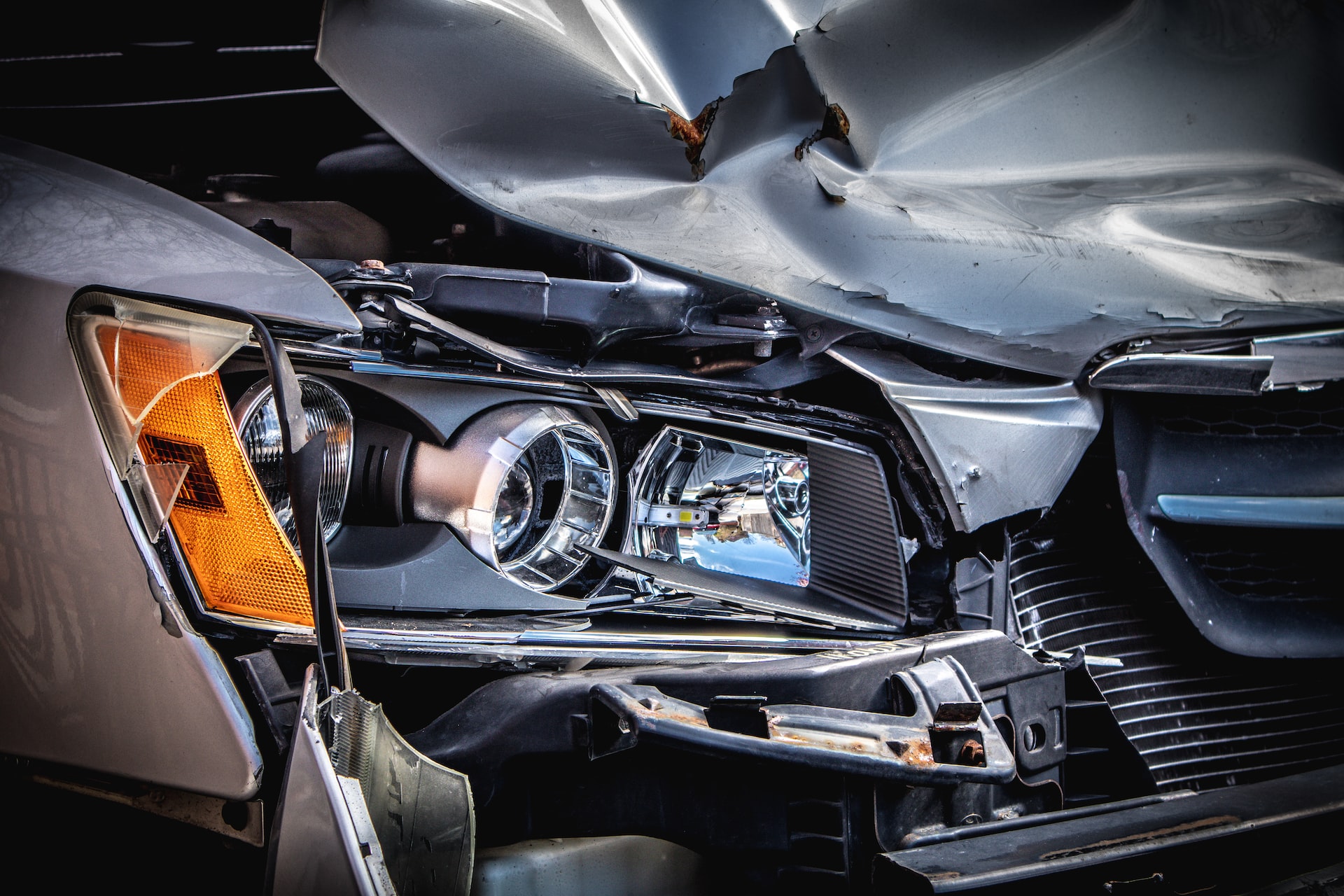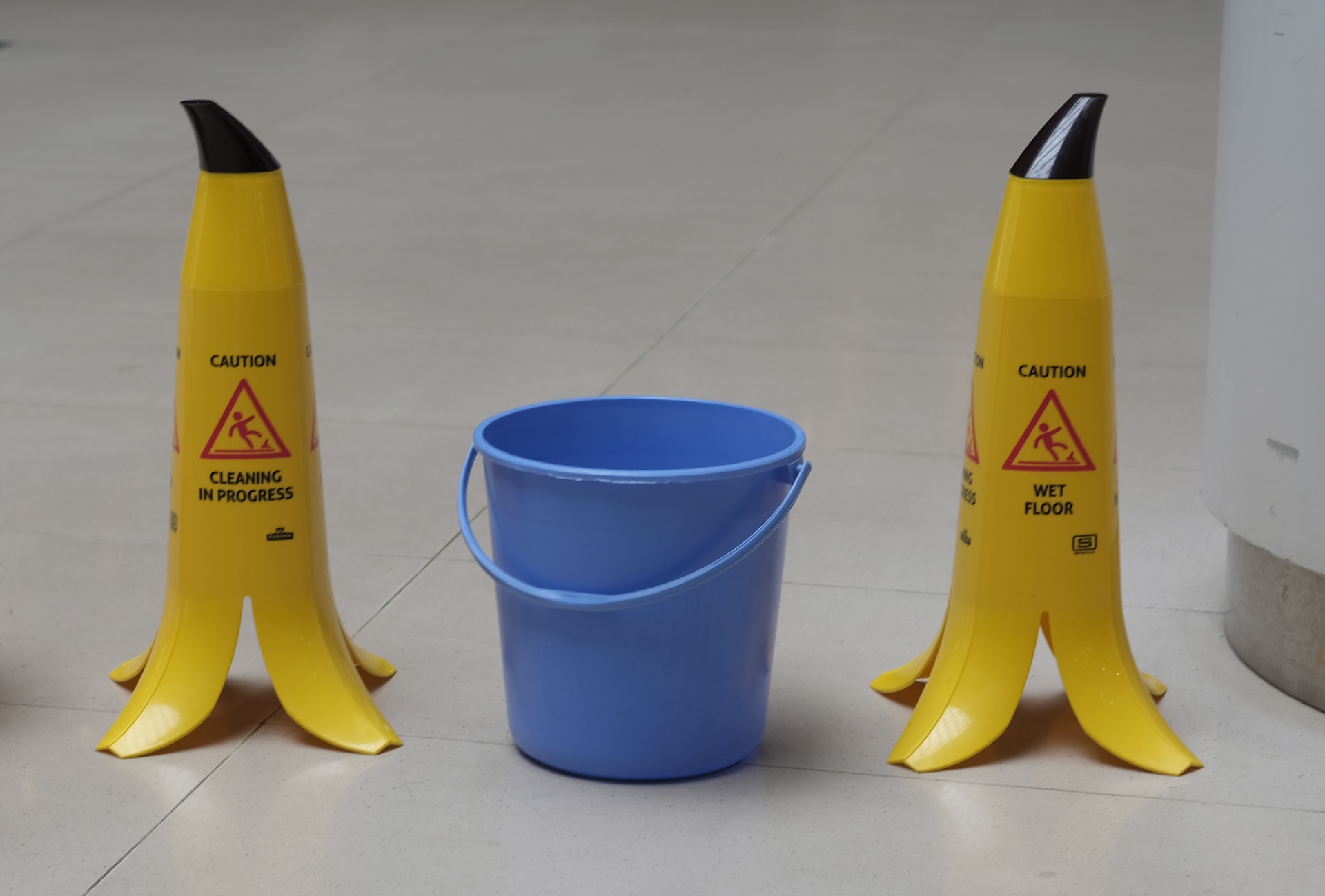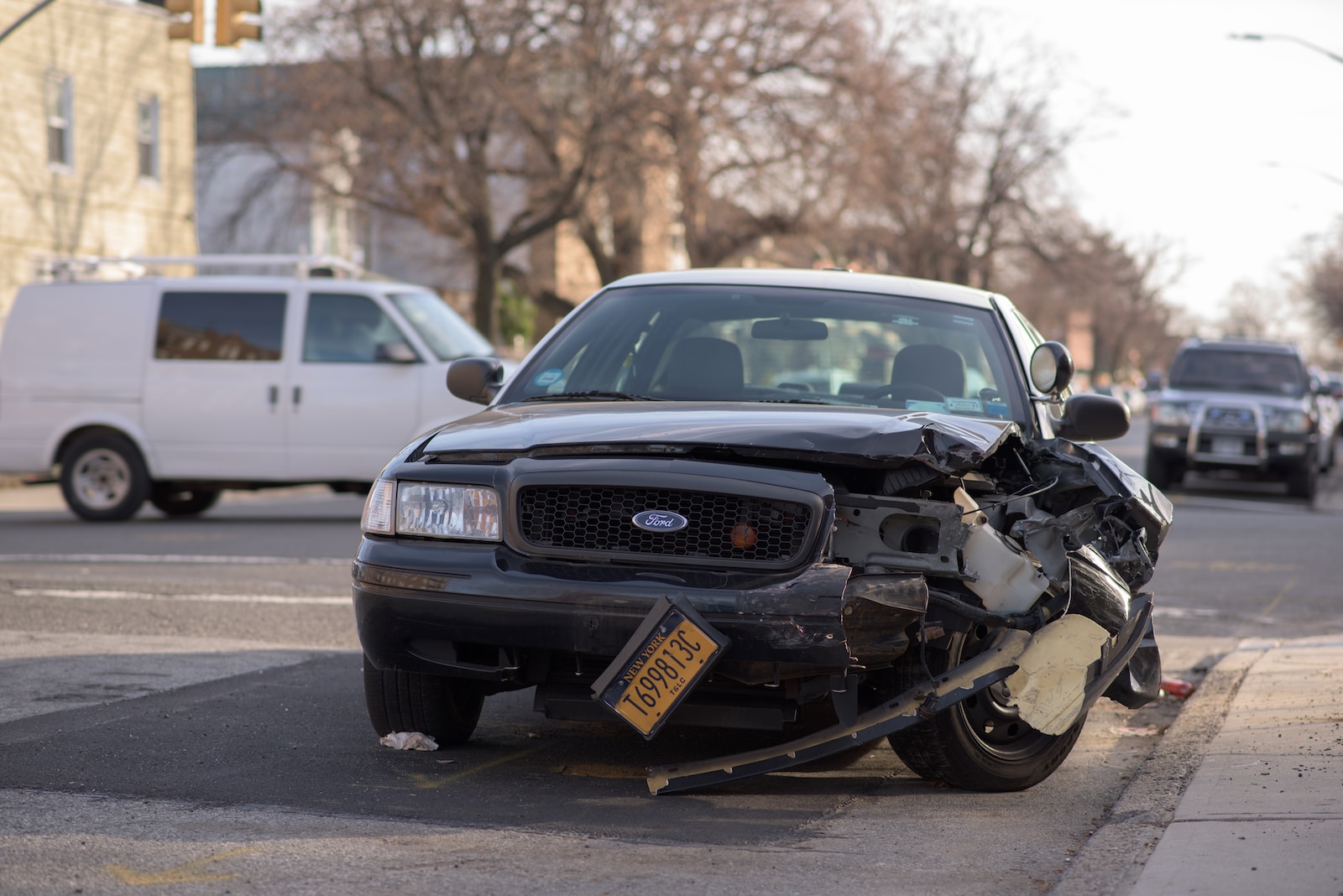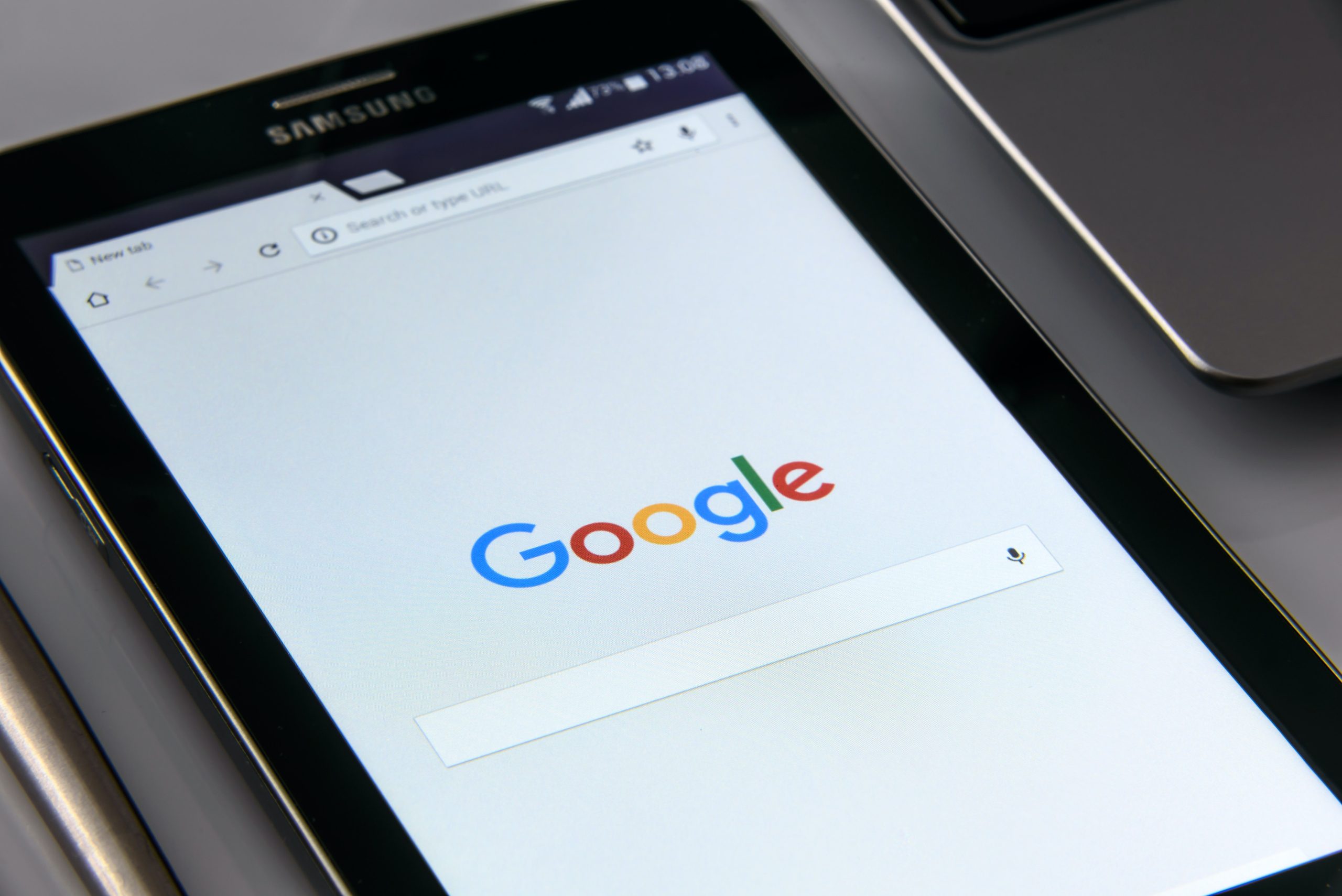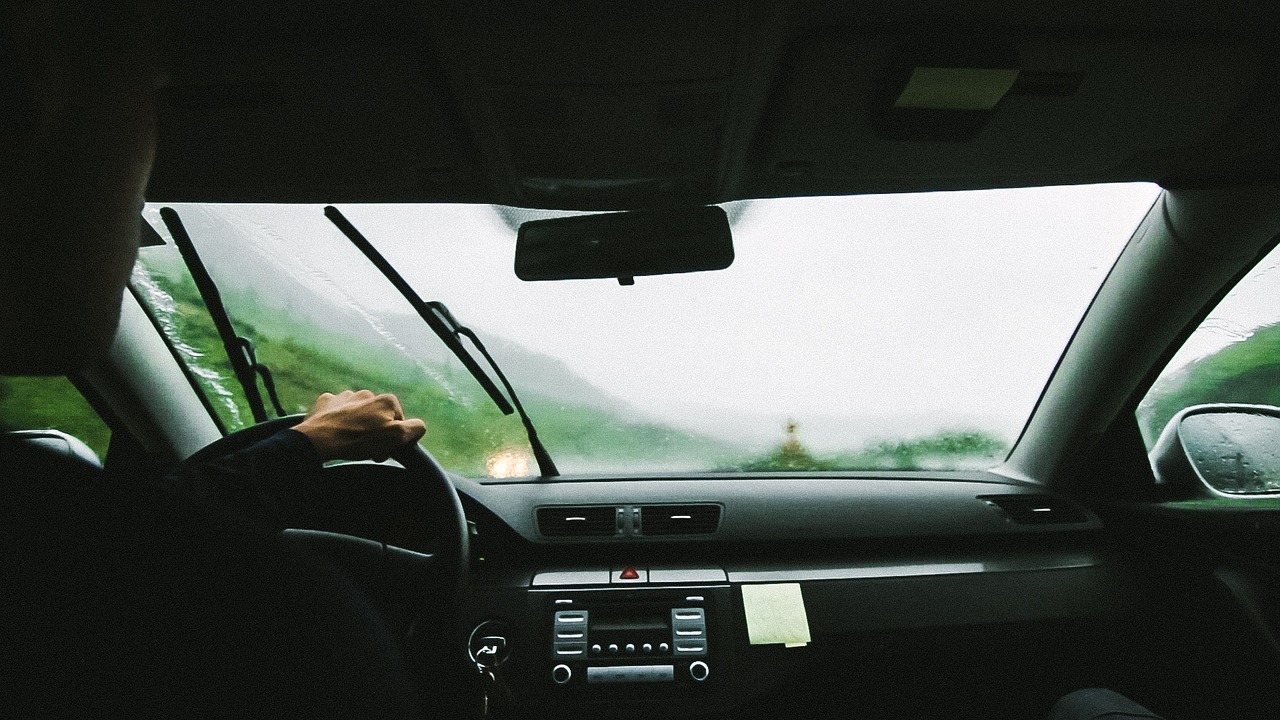Being involved in a car accident is always unexpected, but mostly overwhelming and stressful. We always discuss a driver’s rights, but what if you were a passenger in the vehicle when the incident occurred? What happens if you got injured? Do you have the right to claim rectification for things like lost wages, medical expenses, and additional costs connected with the calamity? You never want to be involved in an accident, especially if physical harm has come to you, but you should be prepared and know your rights if this event does, unfortunately, happen.
Tips Following an Accident
Getting into a car accident, even a minor one, can be a very harrowing experience. Some people panic and don’t know what to do even if the choices seem obvious to us now in the present. The subsequent tips are a guideline of what to do directly following a car accident.
Although it is easier said than done, stay calm in the aftermath. Don’t leave the accident site because if you do so you might face fees or even legal woes. Only move the car out of the way when it is safe to do so. Check everyone in the car and determine how injured they are (if applicable). Call 911, depending on how severe the situation is, the police will have to get involved. Note down some information about the accident. This can include road conditions, time, location, weather, and other relevant points. Doing this will aid you in remembering vital things and in turn, help the police and insurance companies with a complete understanding of what occurred. After exchanging information with everyone involved in the crash, the next step would be to contact the insurance companies to begin the insurance claim.
Fault and Negligence
As a passenger, regardless of car ownership, you are not to blame for the accident. Most people usually have insurance that will cover them in a collision. You can also consider filing against both insurance companies of the cars that were implicated in the accident. This is an important right for you to consider, filing damages against all the vehicles present at the accident, especially when your injuries are extreme and serious.
The main objective that a passenger in a car accident needs to do is to prove culpability against the driver responsible for the crash. Certain things would have needed to happen to prove negligence. The driver disobeyed a traffic law or acted in an inappropriate manner that caused an accident that led to bodily harm on your part. When you establish the driver (at fault) drove in an irresponsible way you can demonstrate that they were entirely liable for the incident.
Damages You Can Recover
Usually, passengers that were injured in a car accident can garner a lot of the identical damages that a wounded driver can recover. However, things like car repairs or rentals wouldn’t pertain to a passenger (if it wasn’t their vehicle). Although, passengers can get money for damaged personal property like smashed eyewear or crushed phones. Other damages that you can recover (as a passenger) include medical care for both present and future needs, lost wages, severe injuries that reduces your capacity to earn money, pain, and suffering, as well as other relatable expenses and damages.
If your car was a part of the collision, or it belonged to a family member or friend, you will most likely have to visit an auto body shop for repairs (unless it’s a complete write-off). Not everyone can do this during regular business hours, especially if the accident happened late at night or very early in the morning. What’s fantastic is that many auto body shops, when they are closed, have a Night Drop Box where you can place your keys inside for service on your vehicle. The Night Drop Box typically contains envelopes that the customer fills out with information pertaining to them, the vehicle, and what is the required service. When the automotive business opens for business again, they can retrieve the keys from and envelopes with the customer’s instructions from the box. If you operate an automotive service business and are looking to purchase a Night Drop Box or Night Drop Envelopes, consider MBR Marketing.
Evidence Needed
To prove your case or claim against the driver responsible for the crash, you will need to do your due diligence and collect evidence. It might feel a little surreal but becoming a bit of a detective is a critical step in building your case for the ones at fault. The following are some of the items that you can use as evidence:
- Police report
- Witness statements
- Photos, surveys, or videos of the crash site
- Report of your expenses and losses
- Pertinent medical documents (including consultations with medical specialists)
- Re-enactment of accident by professionals
Professional Help
If you are feeling overwhelmed by everything that comes after the accident, you might want to seek the help of a professional. There are countless personal injury lawyers available, and it will make the process post-accident easier. The lawyers will use their years of experience and countless resources to help you with the damages you seek. They will negotiate and fight on your behalf to ensure that you get fair and decent compensation. Not to mention, they are there to answer all your queries, help investigate, determine the guilty parties, prove negligence, oversee the claims process, and if needed, sue on your behalf.
It’s always good to research online about the firm you are thinking about using for help. Besides doing your homework on the subject, it’s always a great idea to get recommendations from the people in your life as well.

